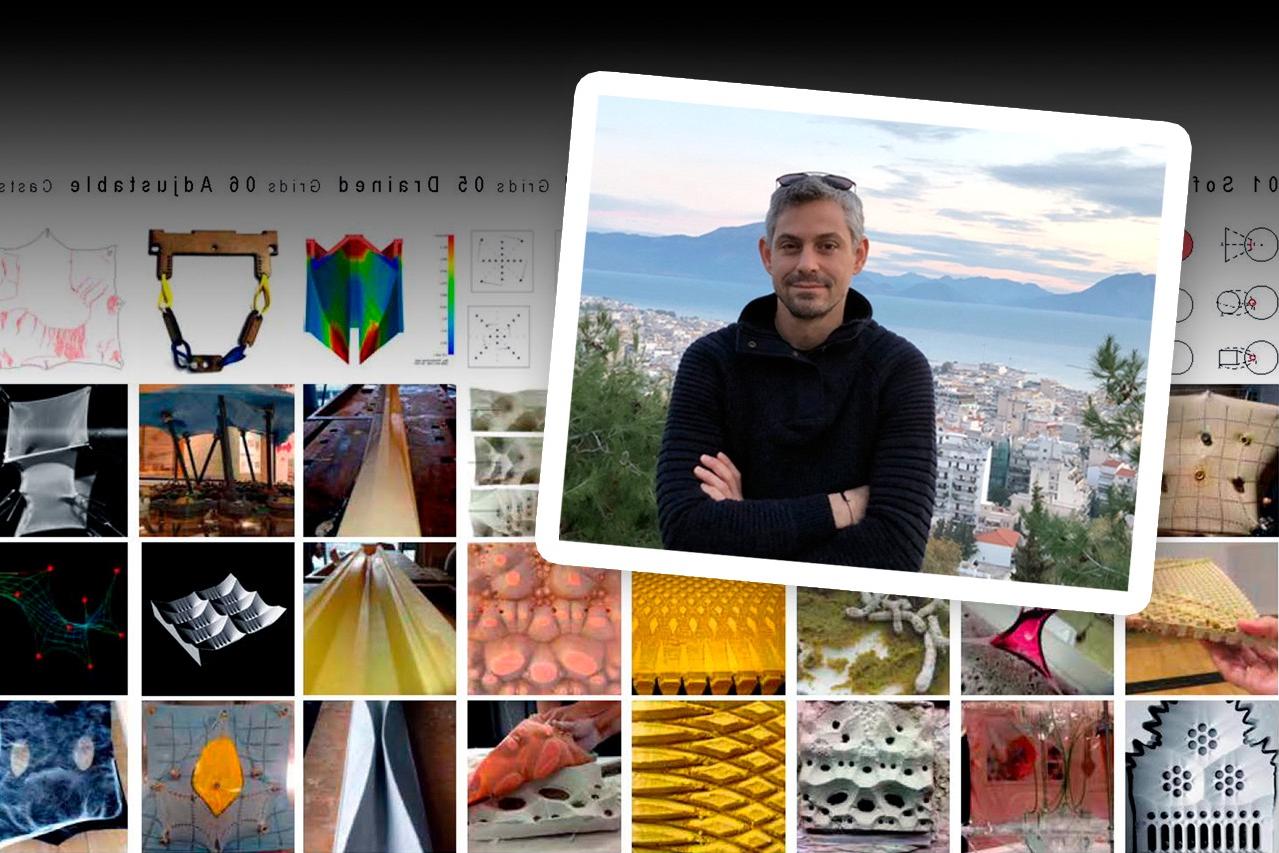Research Thursdays - Emmanouil Vermisso, School of Architecture, receives Greek Diaspora Fellowship


Emmanouil Vermisso, Associate Professor, School of Architecture, recently received a Greek Diaspora Fellowship (GDFP). The award will support Vermisso’s doctoral research at the University of Patras, through a project called “Generative Design Processes in Architectural Education.” The project was inspired by the recent integration of Artificial Intelligence and Machine Learning within various disciplines (Susskind & Susskind, 2015), and expands on Vermisso’s earlier interest in the ability of bottom-up creativity with minimal human agency, observed in the emergent behavior of complex systems (‘Emergent Form”, 2015-2019), as well as recent work on machine learning in architecture with FAU Assistant Professor Daniel Bolojan (“Gaudí’s Hallucinations”, 2019).
The GDFP fellowship supports Greek academics who are based in the United States and are invited by Greek Universities as visiting fellows. It is sponsored by the Stavros Niarchos Foundation (SNF) and the Fulbright Foundation, Greece, and administered by the Institute of International Education.
The funding will help develop a generative design process combining intuitive and machine-informed decision making and contemplate its potential for architectural education. This will allow the assessment of design workflows which leverage current advancements in Artificial Intelligence to augment the creative thinking process and gain insight into cognition.
“Becoming a GDFP fellow for the second time is a fantastic honor and exciting opportunity to refine my previous scholarly work in light of state-of-the-art technological developments which could progressively establish new epistemological paradigms. Our proposed project has the potential to establish innovative design methodologies for architecture and help us better understand our own thinking processes in relation to automated artificial systems.”
- Emmanouil Vermisso, Associate Professor, School of Architecture
From an applied perspective, this research is important because there is a very limited body of work which connects A.I. to architectural design. The domain of Architecture has not yet capitalized on Machine Learning algorithms because they demonstrate limitations and design tasks which often require the most creative kind of thinking. As this kind of work is “expensive” in both time and resources (training neural networks requires state-of-the-art GPUs and days or weeks of training) the funding will facilitate access to necessary hardware and fast GPU outside the University of Patras school of Architecture, which has no such equipment. From a theoretical point of view, the work can implicitly address Alan Turing’s early interest in assessing machines’ ability to think, which was rerouted to more practical applications like software development for automation, according to Professor Douglas Hofstadter (Somers, 2013). Applications of Computational Creativity is an important topic which has yet to influence the architectural domain, potentially altering design methods and overall curricula, transforming designers’ required skill-set in the longer term.
Vermisso’s current research is around the new-found potential of Artificial Intelligence to better understand the cognitive process in design. For more information about Vermisso’s work, visit uat.bjtvalve.com/artsandletters/architecture/people/faculty/vermisso


